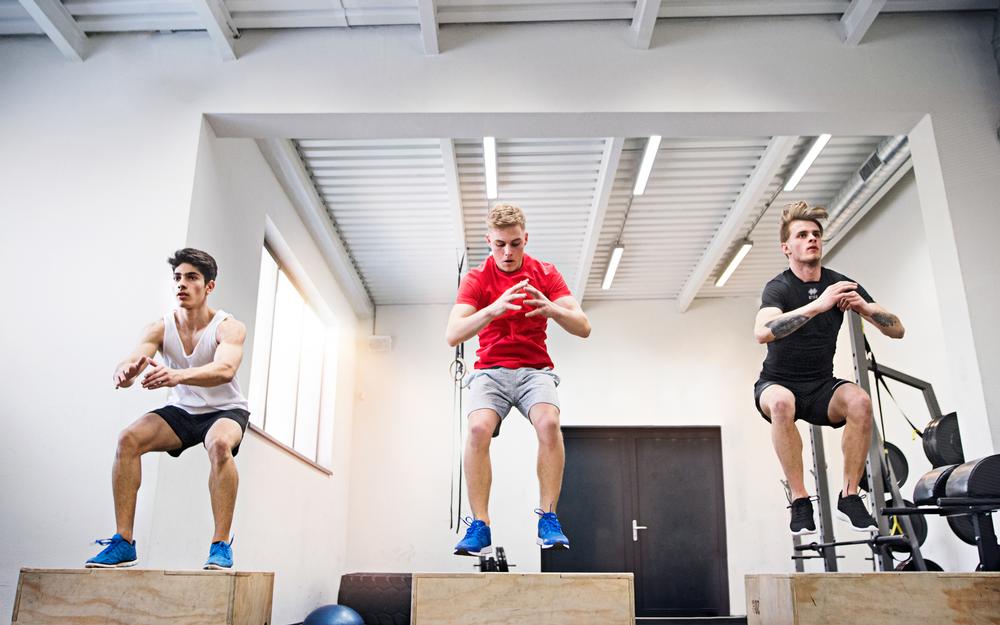The emergence of Generation Z, the cohort following the Millennials (also known as Gen Y), signals an important landmark. Never before has there been an entire generation unable to remember a world without the Internet.
“Born in 1996 or after, Generation Z is a very diverse and digitally entrenched generation, which is now taking the trend-driving mantle from the Millennials,” says Denise Villa, PhD, CEO of the US-based Center for Generational Kinetics (CGK), one of the world’s leading generation research firms.
Gen Z, or “Z-ers” is one of the largest generations ever and is eclipsing even the baby boomers in numbers. In the US, Z-ers now make up around 25 per cent of the population. But what can we expect from these youngsters who’ve never experienced a world without social media – the oldest Z-ers being just 10 when Facebook went global?
Behavioural traits
There's a small but growing volume of research into the mindset, priorities, habits, and behaviours of Generation Z. One of the first major research studies in the field was conducted by the CGK. It has now produced two publications on Z-ers: Gen Z: 2016 National Study on Technology and the Generation after Millennials and The State of Gen Z 2017: Meet the Throwback Generation.
According to Villa, the two studies produced some startling discoveries – one being that Z-ers are reverting to earlier ancestral characteristics.
“Z-ers are exhibiting attitudes, beliefs, and behaviours that combine their tech-saturated world with elements of generations past,” she says. “Gen Z are very conservative and careful with their money. In our studies, more than 10 per cent of Z-ers are already saving for retirement, because they have no expectations on social security or ever having a state pension – so they're already putting together saving plans for old-age.”
This perhaps, suggests that while Millennials have become notorious for splashing the cash on fitness trends, heavily driving the growth of the boutique sector, Z-ers may be more cautious spenders, choosing to spend their money only with fitness operators they feel truly aligned with.
Fitness consumption habits
When it comes to health and wellness, Generation Z will have heard all about the benefits of an active lifestyle and regular exercise. Raised with the perception that wellness is about holistic balance, Z-ers could even be the generation that reverses the worrying trend of expanding waistlines and soaring levels of lifestyle diseases.
“As our whole society begins to take more notice of health, wellness and nutrition, we predict that Gen Z will follow suit and start leading that trend,” Villa says.
“Generation Z will know much more about healthy lifestyles, from a very young age, than any previous generation. Having a health-aware generation means a great future for the fitness and wellness industries.”
Villa also passes on some concrete advice to those looking to attract Z-ers to their facilities. “Make sure you’re on Youtube,” she says. “I think one message we're seeing is that if you’re not on YouTube, showing people what you do, giving people information and building your following – be it as a personal trainer or a gym – then you’re totally missing this generation.
“As well as Snapchat, Youtube is where Z-ers go to search for information, to learn how to do things and to follow influencers they admire.
“So if a gym or health club has a particular trainer who's charismatic, she or he needs to get on YouTube and start doing videos and giving people information in order to build that authenticity and to build that following.
“That’s what’s going to give you credibility with this generation. You have to give out information and be able to offer ‘how to’ experiences in order to get people develop a relationship with you.”
Engaging Gen Z
As a generation that has grown up with the internet at their fingertips, operators looking to capture loyal custom from Z-ers cannot just focus on having a strong presence on social media – they must make those social media channels accessible in their facilities. This means that services, such as free wi-fi and phone charging points will need to be available in gyms as standard, rather than as an exception.
Les Mills' CEO Phillip Mills believes that traditional clubs must indeed evolve to meet the needs of Gen Z. He says that, like Millennials, members of Gen Z are keen users of boutique fitness, which presents a key opportunity for operators – as long as they are prepared to make small changes to their facilities and marketing strategies to appeal to the group. Experiential boutique studios within the club environment, cool marketing campaigns and new-generation group workouts are some of the features Mills suggests could help to engage Gen Z.
And there’s good news for smaller operators, as according to Villa “Generation Z definitely doesn’t look for – or immediately trust – a brand just because it is a big name,” she says. “They have grown up in an environment which is saturated by advertising. They have a mistrust of adverts and aren’t going for big brands, they're going for best value.
“Instead of brands, Z-ers are looking to online influencers to guide them: popular social media accounts, bloggers and real people – on youtube, Instagram, and snapchat – to tell them about products.”
Z-ers as a workforce
An analysis conducted by global research specialist Ipsos MORI for the BBC’s Newsbeat programme, which questioned more than 1,000 Gen Z members (aged 16-22), found that they care most about family and education – not celebrities, social media and the pursuit of “experiences”, as is the case with Millennials. Ipsos MORI also identified a generation wanting to fight back against the perception that they are lazy and social media-obsessed.
“Generation Z is a generation more optimistic about its future than older generations think it should be – and one that sees itself as hard-working and creative,” the Ipsos/BBC study states.
With the view that hard work will pay off, Z-ers seem to abhor the “work hard, play hard” attitude. This, says Villa, means that employers, who might only just have learned how to create a culture where Millennials can thrive, must now adjust to meet Generation Z’s different work ethic.
The studies also indicate that while the stereotypical Millennial is infamous for working for a “higher purpose” rather than a paycheck, the top motivators for Z-ers are fair pay and job security. Villa says that this attitude of Z-ers will make them loyal employees – ones who could outshine their Millennial peers.
“That hard-working attitude – give me a chance and I’ll prove what I can do – is a very different attitude from what the Millennials had,” Villa says. “As a result, we actually forecast that we’ll see some big struggles between Millennials and Gen Z in the workforce, as more Gen Z will start coming through and taking up jobs.
“We predict Z-ers will begin to leapfrog a lot of Millennials on the career path, who've had very different expectations of worklife that have never shifted.”
Getting ready
The entrance of Gen Z into the fitness industry – as consumers and employees – presents an exciting era for the sector. With predictions already presenting Z-ers as hardworking and loyal, the upcoming decade could bring with it a shift in work culture, from the gym floor to senior management level.
Gen Z also appears set to drive clubs firmly into the tech age. With offers like immersive technology already growing in popularity and most gyms active on social media, Gen Z presents an opportunity for clubs to capture the hearts of a group who, it seems, are willing to spend big with gyms they feel are aligned with them.
























































